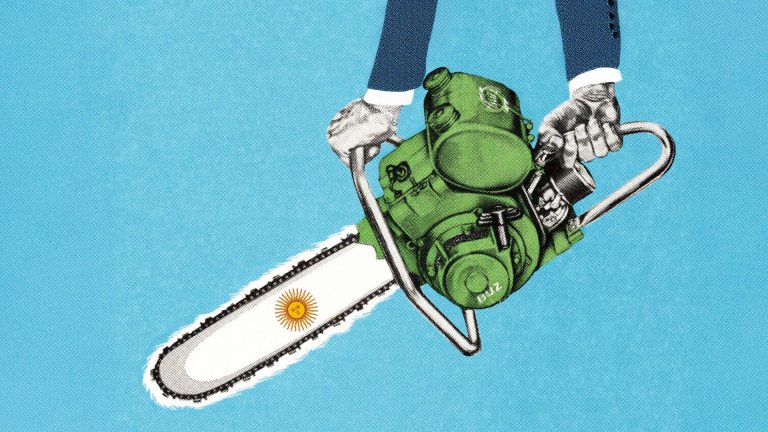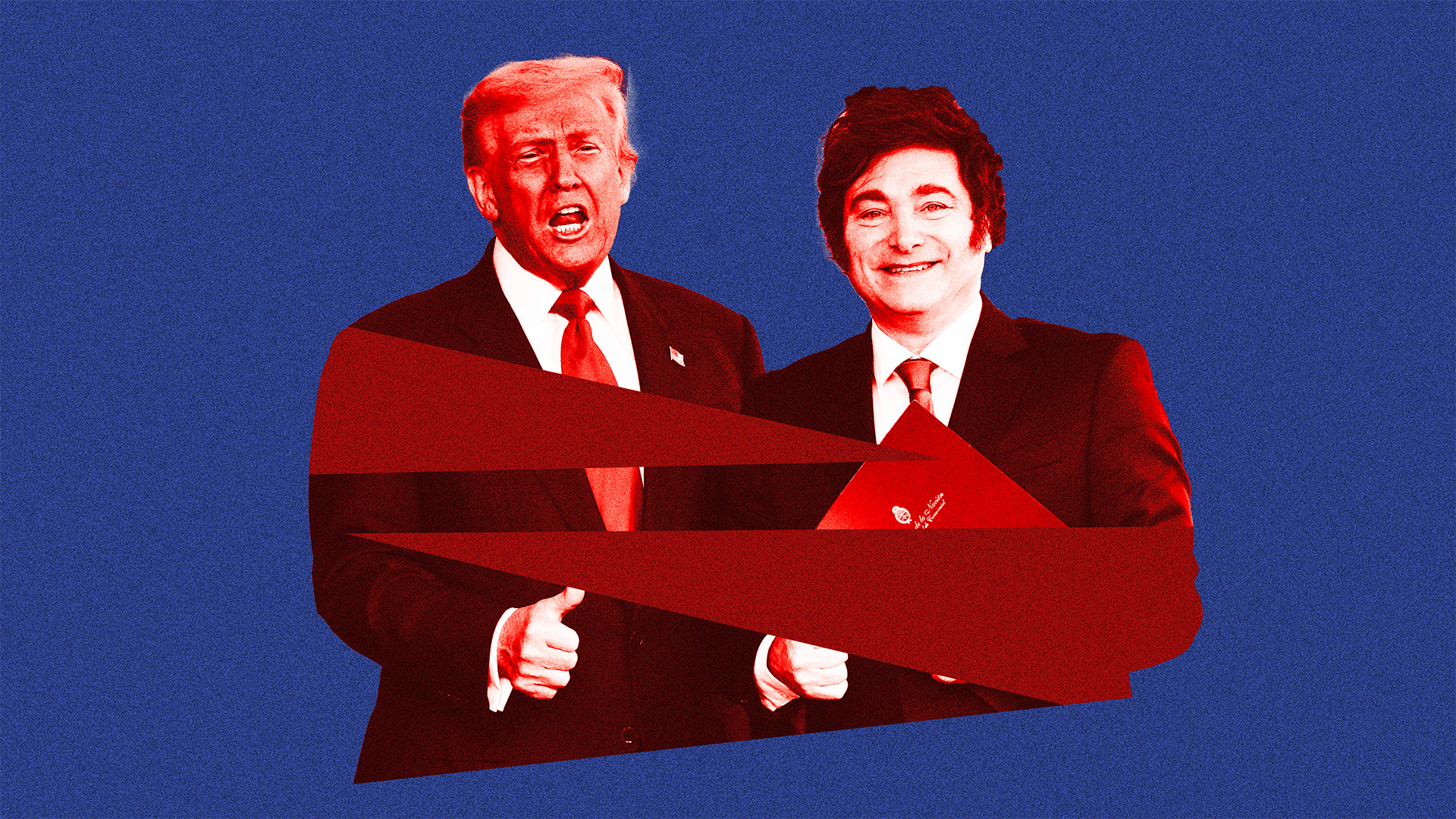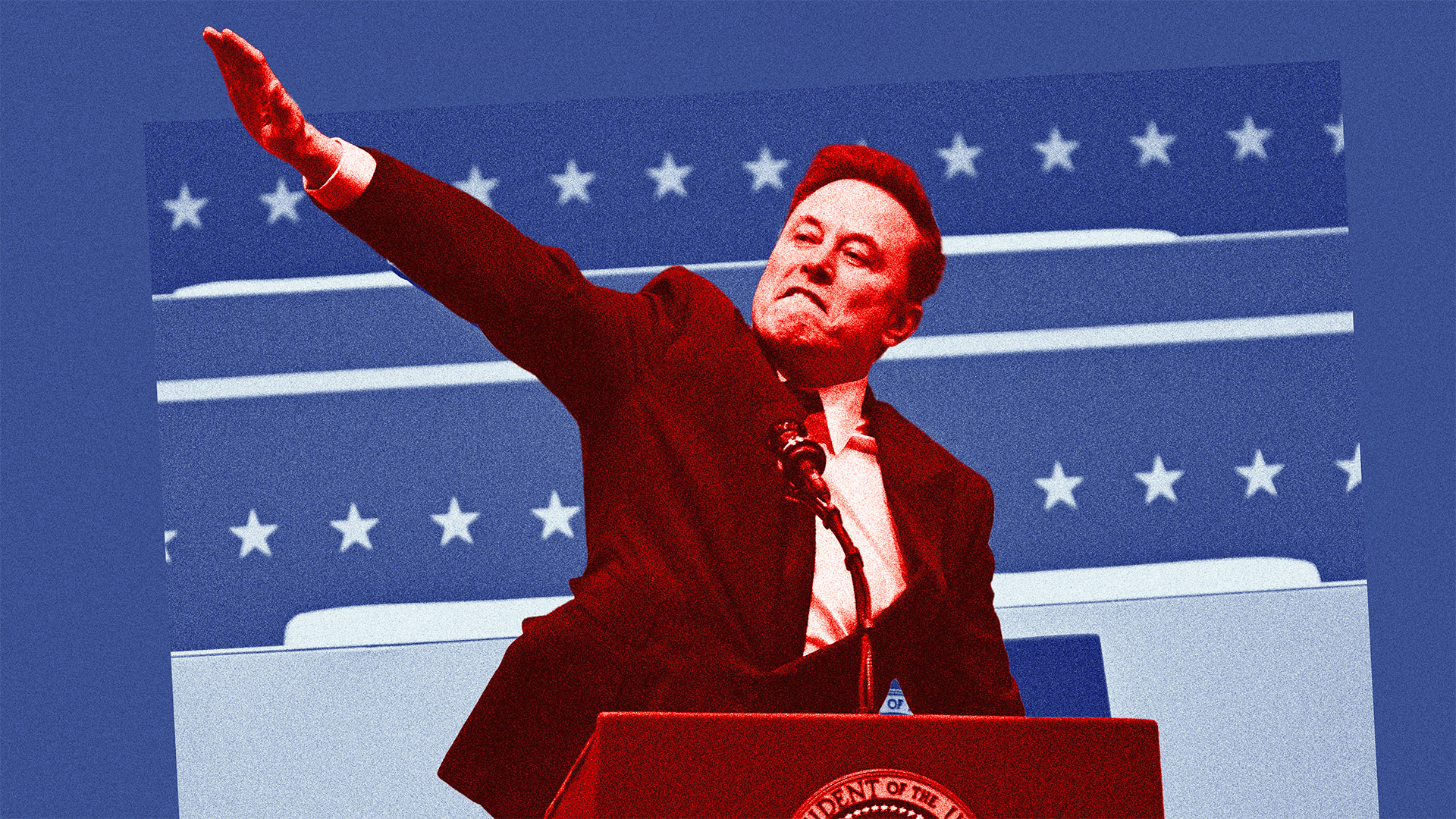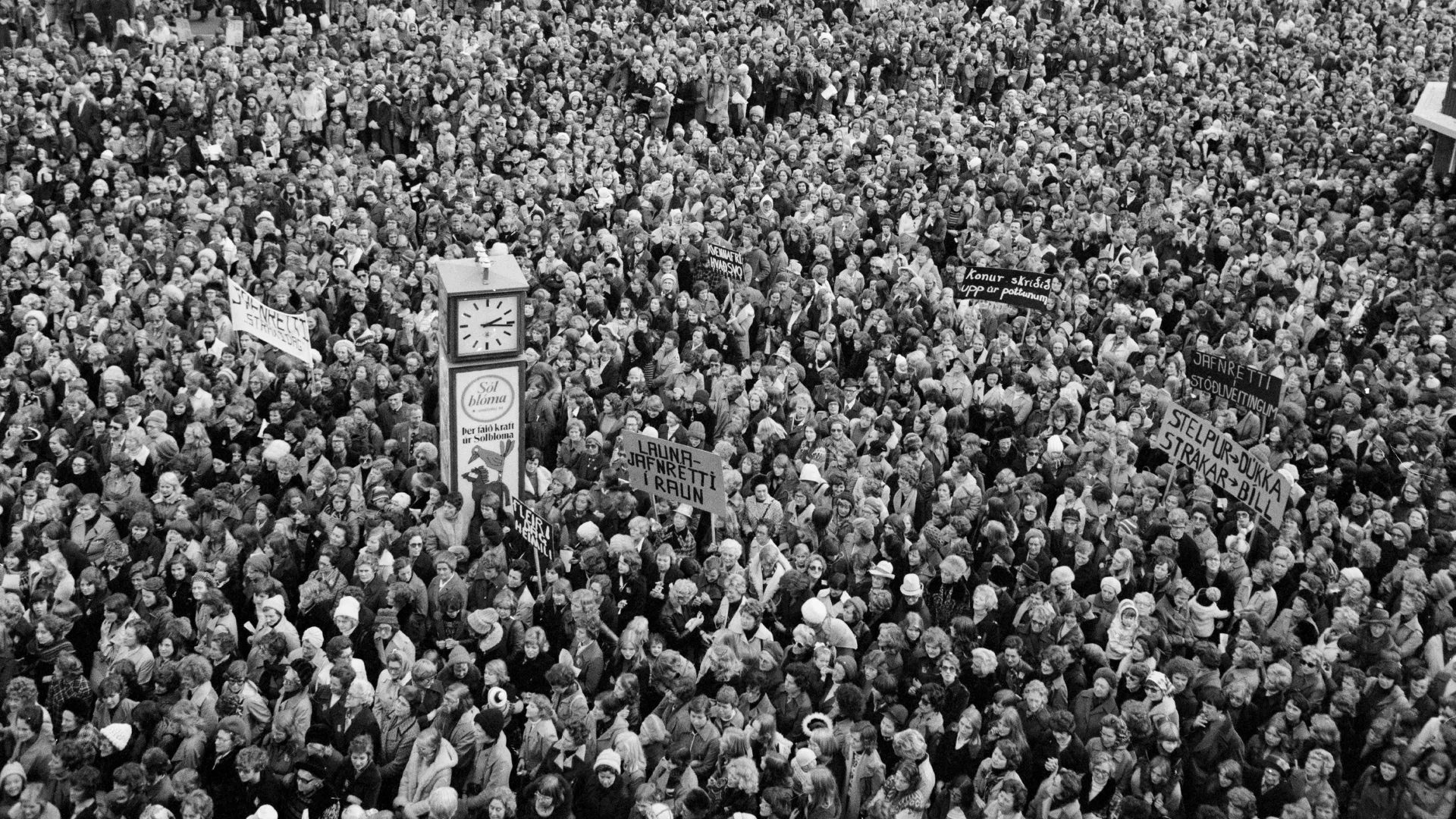As the Argentinian markets wobbled ahead of the midterm elections that took place this weekend, who else but Donald Trump swooped in to rescue his good friend, president Javier Milei. Trump calls Milei his “favourite president”, and as an apparent favour to the Argentine leader, the US president dangled the prospect of a colossal, multi-billion financial lifeline for the south American country.
Then came the catch. “If he loses, we are not going to be generous with Argentina,” Trump said. “If he doesn’t win, we’re gone.”
Argentina has been embroiled in a rolling economic crisis that has gone on for decades – and so when Trump came along offering a bailout of $40bn, voters paid attention. The terms of the deal involve a $20bn currency swap and an extra possible $20bn loan facility.
For Milei, whose popularity had gone into free-fall amid a wave of corruption scandals and collapsing household budgets, the offer was a godsend. He was, in simple terms, running out of cash. The self-described “anarcho-capitalist” has spent two years slashing public spending, firing public sector workers and hacking away subsidies, leaving the economy gasping. Dollars were scarce, reserves depleted, and people around here are getting angry. Investors feared Argentina was lurching towards yet another crash.
And then along came Trump. His typically bombastic comments injected fresh drama into an already feverish midterm campaign. He may get on well with Milei, but 60% of Argentines view Trump negatively.
On social media, the hashtag #PatriaOColonia – “motherland or colony” – began trending. The word cipayo, used for someone who serves foreign interests over their own, was thrown at Milei. A leading opposition candidate demanded that Trump “stop extorting the Argentine people.” Critics called the $40bn bailout foreign interference in Argentina’s election. It’s hard to disagree.
Yet the gambit appears to have paid off. The midterms were a referendum on Milei’s first two years in office. While he wasn’t on the ballot, his La Libertad Avanza party was – and it won big, taking just over 40% of the nationwide vote. The Peronist opposition got 31.7%.
“I am the king of a lost world,” Milei sang to hundreds of supporters at a hotel in Buenos Aires, as they belted out AC/DC’s Highway to Hell and waved trademark toy chainsaws. “Today we passed the tipping point – the construction of a great Argentina begins.”
Milei then hailed Trump’s bailout as “something unprecedented”, adding: “The US has never offered support of such magnitude.”
“Now we are focused on carrying out the reforms that Argentina needs to consolidate growth and the definitive takeoff of the country – to make Argentina great again,” he said.
Trump, for his part, made no effort to downplay his own role. “He had a lot of help from us. He had a lot of help. I gave him an endorsement, a very strong endorsement,” he said, after the results came in.
Half of the lower house – 127 of 257 seats – and a third of the Senate were up for grabs. Milei’s bloc needed roughly a third of the vote in each chamber to stop Congress from halting his budget cuts. The maths was messy, but anything north of 35% was widely seen as a win – a clear step up from the 30% Milei took in the first round of the 2023 presidential race.
Suggested Reading

Javier Milei’s broken chainsaw
La Libertad Avanza ended up with 64 lower house seats and 13 in the Senate, just shy of a congressional majority, which the Peronists hold by three seats. Analysts – who predicted gains but not a landslide – credited the scale of the win partly to a fragmented opposition. Turnout was low, at 68%, the lowest in any national election since the return of democracy in 1983.
Regardless, “El Loco” achieved his aim. But what does Trump get? Perhaps it’s a loyal conservative ally in Latin America, or more likely, a foothold in Argentina’s lithium fields and a check on China’s growing reach in the region.
Whether Argentina can pay the bills is anyone’s guess, but for now at least, both men can claim victory. Two showmen, $40bn, and one very fragile economy: what could possibly go wrong?



